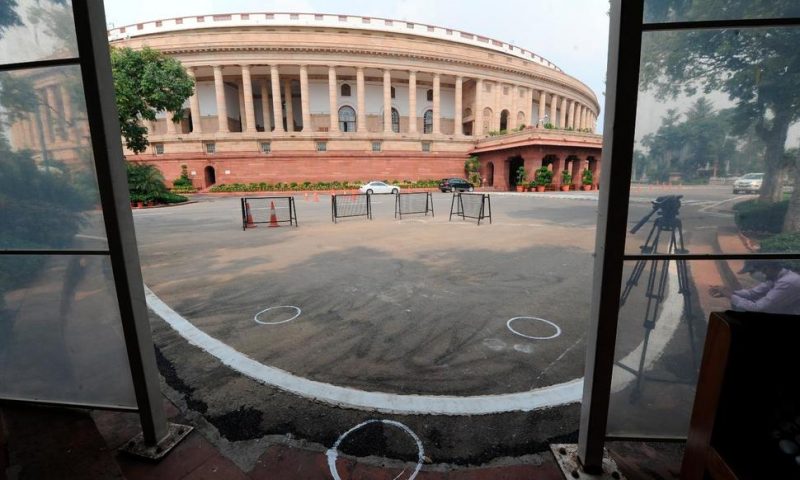India’s government is repealing a hotly disputed tax law under which it pursued billions of dollars from international companies for past dealings.
NEW DELHI — India’s government is repealing a controversial tax law under which it pursued billions of dollars from international companies for their past dealings and hopes that scrapping the retrospective levy boosts investor confidence.
The bill approved in Parliament’s upper house Monday proposes to withdraw tax demands made over indirect transfers of Indian assets prior to May 2012. It requires companies end their legal challenges over the old law and would refund the principal amount of any of the retrospective taxes the companies paid.
The legislation will have to be signed by India’s ceremonial president, a formality before becoming law, and will only apply prospectively from May 2012.
India’s previous government added the retrospective tax, which taxes deals made before the law exists, in 2012 to claim tax from international investors that acquired assets of Indian companies.
It damaged India’s reputation as a stable investment destination and companies that filed legal challenges to the Indian government won in arbitration.
In the case of a $2 billion tax claim against Vodafone, the tribunal in The Hague ruled against the government and said the tax levied against the company was “in breach of the guarantee of fair and equitable treatment.” Another claimant, Cairn Energy, was awarded damages of more than $1.2 billion at the tribunal.
The Indian government said it has appealed both of those arbitration awards and expects it will settle billions of dollars in international disputes.
Tarun Bajaj, revenue secretary at the finance ministry, said scrapping the law is a “very good sign for the foreign investors” and will make India’s market more “conducive to the industries.”
“We want to give a message to the global investors that India believes in the stability and certainty of taxation,” he said.
Experts hailed the decision as investor-friendly, but said the government should have acted as soon as it took office in 2014.
“The government could have certainly avoided an unnecessary legal battle that tarnished India’s image by scrapping the law much earlier,” said Pushkar Anand, a law professor at the University of Delhi. “The ball now is in the court of the investors.”

